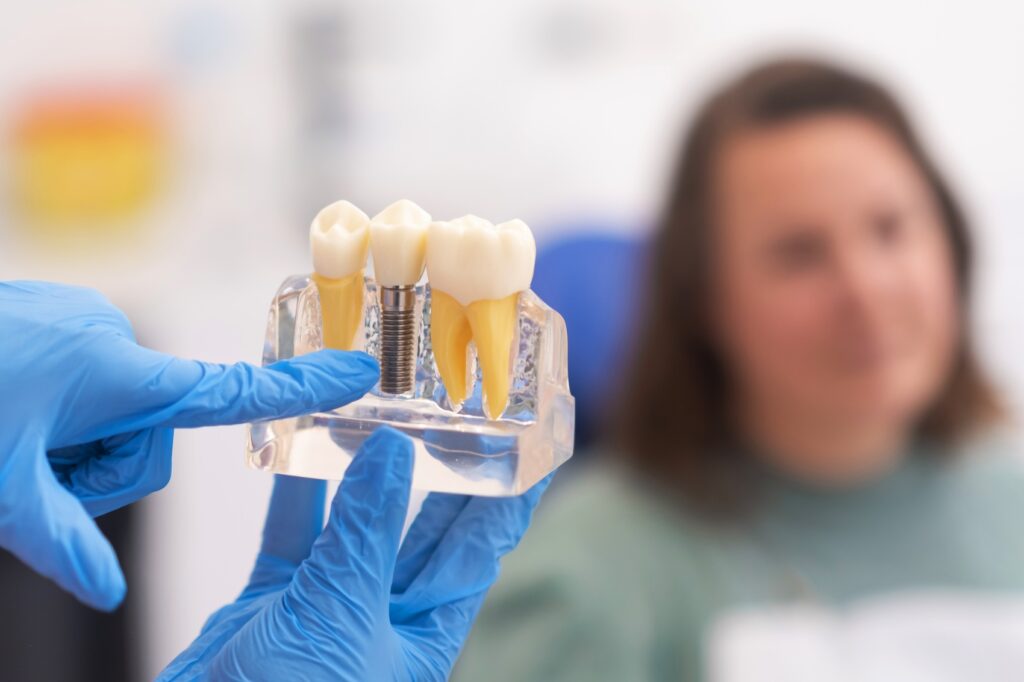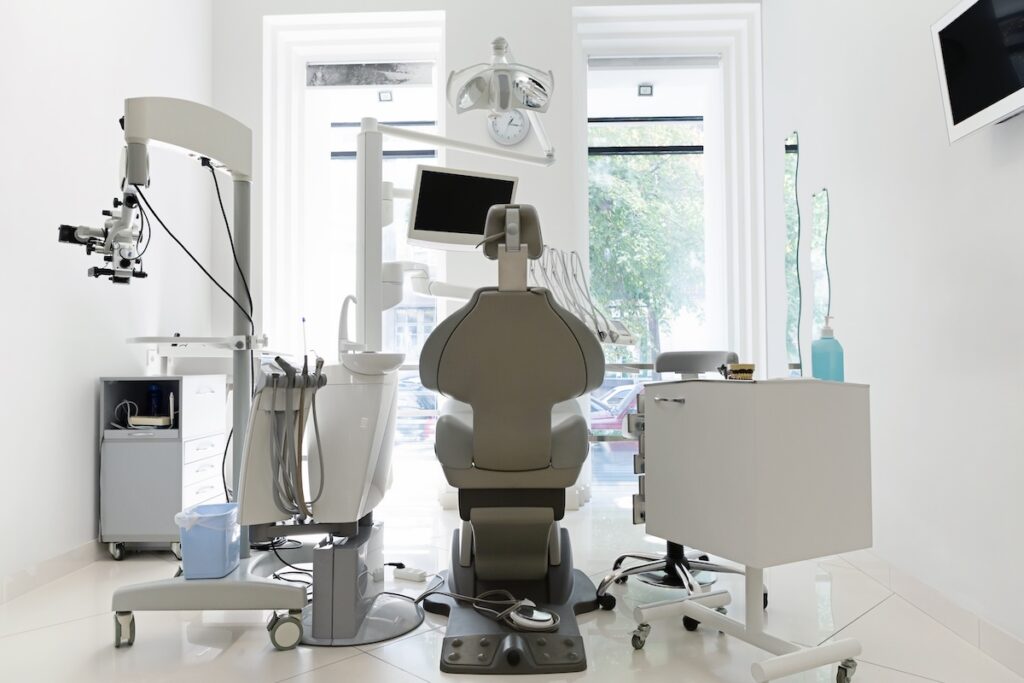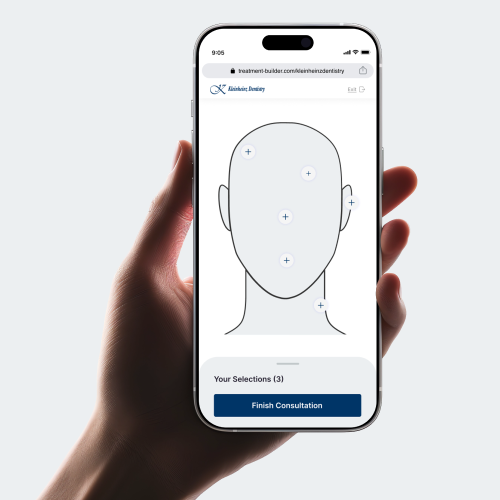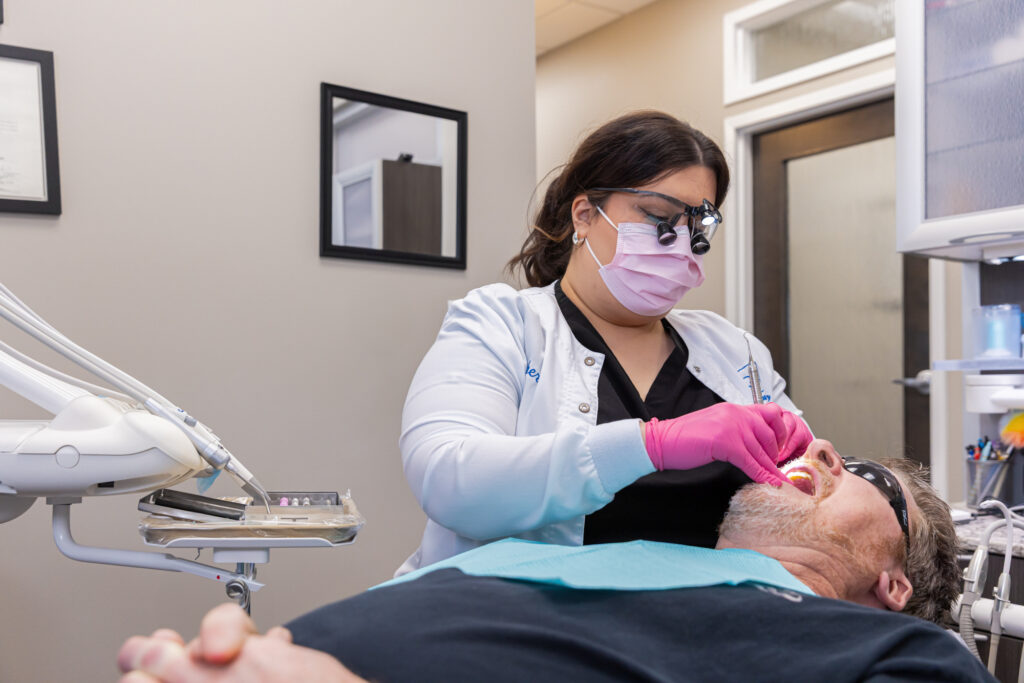
Tooth decay is one of the most common dental concerns, but when caught early, it’s also one of the most preventable. Small cavities can quickly become bigger problems if left untreated, potentially leading to discomfort, infection, and more complex dental procedures down the road.
At Kleinheinz Dentistry, we prioritize proactive care to help you maintain a strong, healthy smile for life. Whether you’re coming in for a routine exam or seeking expert tooth decay removal in Charlotte, our team is here to provide effective solutions.
Keep reading to learn why early detection matters and how it can make all the difference for your smile.
Understanding Tooth Decay
Tooth decay is the destruction of your tooth enamel—the hard, outer layer of the teeth. No matter your stage of life, from child to teen to adult to senior, tooth decay can be a problem. Plaque, a film of bacteria that constantly forms on our teeth, is the main cause of tooth decay.
When we eat or drink foods containing sugar, the bacteria in the plaque produce acids that attack our tooth enamel. This causes the enamel to break down and decay, leading to the formation of cavities. There are 5 stages of tooth decay:
- Initial demineralization: The enamel of the teeth loses minerals. White spots may appear on the teeth.
- Enamel decay: The white spots on the teeth darken to a brownish color, weakening the enamel.
- Dentin decay: Dentin lies under the enamel. When decay reaches the dentin, the tooth decays at a faster rate. A decay in dentin usually leads to sensitivity in the teeth.
- Pulp damage: The pulp is the innermost layer of the teeth. When pulp is damaged from decay, the area around the teeth (the gums) becomes irritated and starts to swell.
- Abscess: When the pulp of the teeth decays, bacteria can work their way into the teeth and cause infection. This can lead to pockets of pus forming at the bottom of the tooth, each called an “abscess.”
Always schedule checkups and dental cleanings regularly. Routine appointments with your dentist, regular Fluoride application, and X-rays at appointments can catch decay in its early stages, preventing permanent damage to your teeth.
Treatment Options for Severe Tooth Decay
When tooth decay is left untreated for too long, there are usually two treatment options: root canal or tooth extraction. A root canal is a procedure designed to save a tooth with severely damaged pulp. Our team works to make the actual treatment as comfortable as possible, and the infected tooth nerve is removed to prevent future discomfort.
A root canal is often the preferred solution if a tooth has moderate decay. When a tooth has extreme decay, severe infection, or is at risk of spreading disease to surrounding teeth, a tooth extraction is the better option.
A tooth extraction is when a tooth that is too damaged or decayed is removed from the mouth completely. This ensures other teeth and tissues surrounding the damaged tooth don’t also become infected.
Kleinheinz Dentistry offers comprehensive dentistry, which includes options for replacing teeth after a tooth extraction procedure. Learn more about your options by reading our blogs on dental implant vs. tooth transplant cost and how a bridge for teeth works.
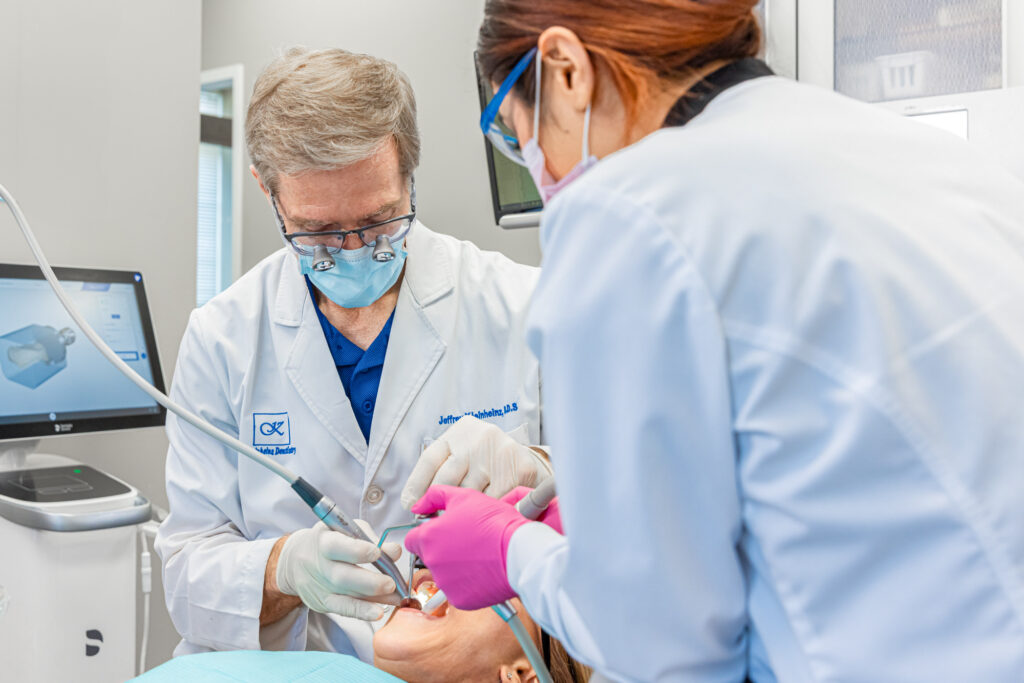
Schedule Your Preventive Checkup
Tooth decay doesn’t have to catch you off guard. With regular dental visits and a focus on early detection, you can protect your teeth before minor issues become bigger problems. By staying proactive with regular checkups and addressing even minor concerns right away, you can avoid more serious dental problems down the road.
Whether you need a routine exam or expert tooth decay removal in Charlotte, Kleinheinz Dentistry is here to provide the care, guidance, and support you deserve. Book your appointment, and take the first step towards lasting oral health.
